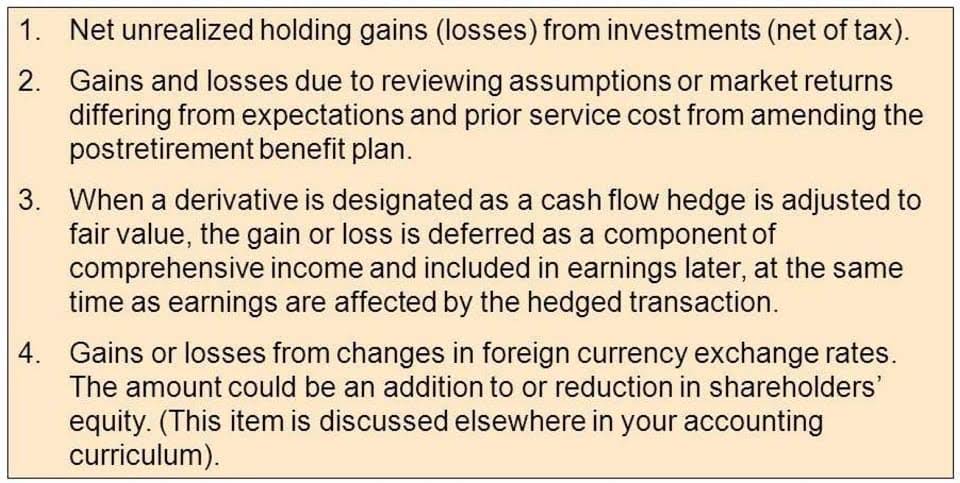Is Retained Earnings a Current Asset?

Retained earnings represent a useful link between the income statement and the balance sheet, as they are recorded under shareholders’ equity, which connects the two statements. The purpose of retaining these earnings can be varied and includes buying new equipment and machines, spending on research and development, or other activities that could potentially generate growth for the company. This reinvestment into the company aims to achieve even more earnings in the future.

Retained earnings are recorded in the shareholder equity section of the balance sheet rather than the asset section and usually do not consist solely of cash. For these reasons, retained earnings are not a current asset. It is essential for businesses large and small to accurately keep track of their retained earnings, as well as their total assets and liabilities. A limited liability company (LLC) may have shareholders who are not liable for the company’s debt, but they are — as in a general partnership — still entitled to receive distributed profits. Any profits not distributed at the end of a fiscal year are considered retained earnings.
Retained Earnings
For companies starting anew, the opening balance will be nil. Nonetheless, profits or losses will increase or decrease the retained earnings balance. Your current retained earnings are simply whatever you calculated during your last financial period. is retained earnings a liabilities The same goes for the net profit/net loss, calculated by the month, quarter, year, or whatever your accounting period is. Whatever you paid shareholders in dividends for the period will reduce the amount shown in the statement of retained earnings.
Non-cash items such as write-downs or impairments and stock-based compensation also affect the account. Over 1.8 million professionals use CFI to learn accounting, financial analysis, modeling and more. Start with a free account to explore 20+ always-free courses and hundreds of finance templates and cheat sheets. Before discussing where retained earnings fall on the balance sheet, it is crucial to understand what they are.
Great! The Financial Professional Will Get Back To You Soon.
Your retained earnings account provides an ongoing count of how much money your business has been able to hold onto since it launched. As you reinvest your business or pay shareholder dividends, your retained earnings dip down. As you earn stronger profits, the earned savings usually go up. They can fall into a negative balance with accumulated deficits if times have been particularly tough for your company or if it’s in its startup years when you are trying to build up the business.
Our work has been directly cited by organizations including Entrepreneur, Business Insider, Investopedia, Forbes, CNBC, and many others. Our goal is to deliver the most understandable and comprehensive explanations of financial topics using simple writing complemented by helpful graphics and animation videos. This team of experts helps Finance Strategists maintain the highest level of accuracy and professionalism possible.
Would you prefer to work with a financial professional remotely or in-person?
The retained earnings balance can also be used to calculate financial ratios, including debt-to-income and acid-test ratios. In financial modeling, it’s necessary to have a separate schedule for modeling retained earnings. The schedule uses a corkscrew-type calculation, where the current period opening balance is equal to the prior period closing balance. In between the opening and closing balances, the current period net income/loss is added and any dividends are deducted. Finally, the closing balance of the schedule links to the balance sheet.
- Once the transactions occur, companies will transfer the closing retained earnings balance to the upcoming year.
- Finance Strategists has an advertising relationship with some of the companies included on this website.
- Shareholders often find themselves on the same side as company management when it comes to retained earnings, however.
- 11 Financial may only transact business in those states in which it is registered, or qualifies for an exemption or exclusion from registration requirements.
- Our work has been directly cited by organizations including Entrepreneur, Business Insider, Investopedia, Forbes, CNBC, and many others.
